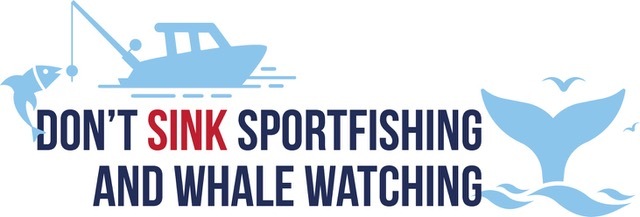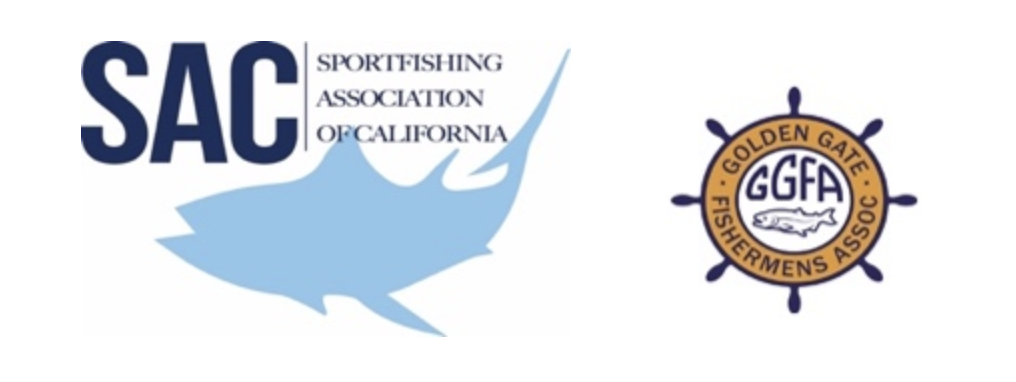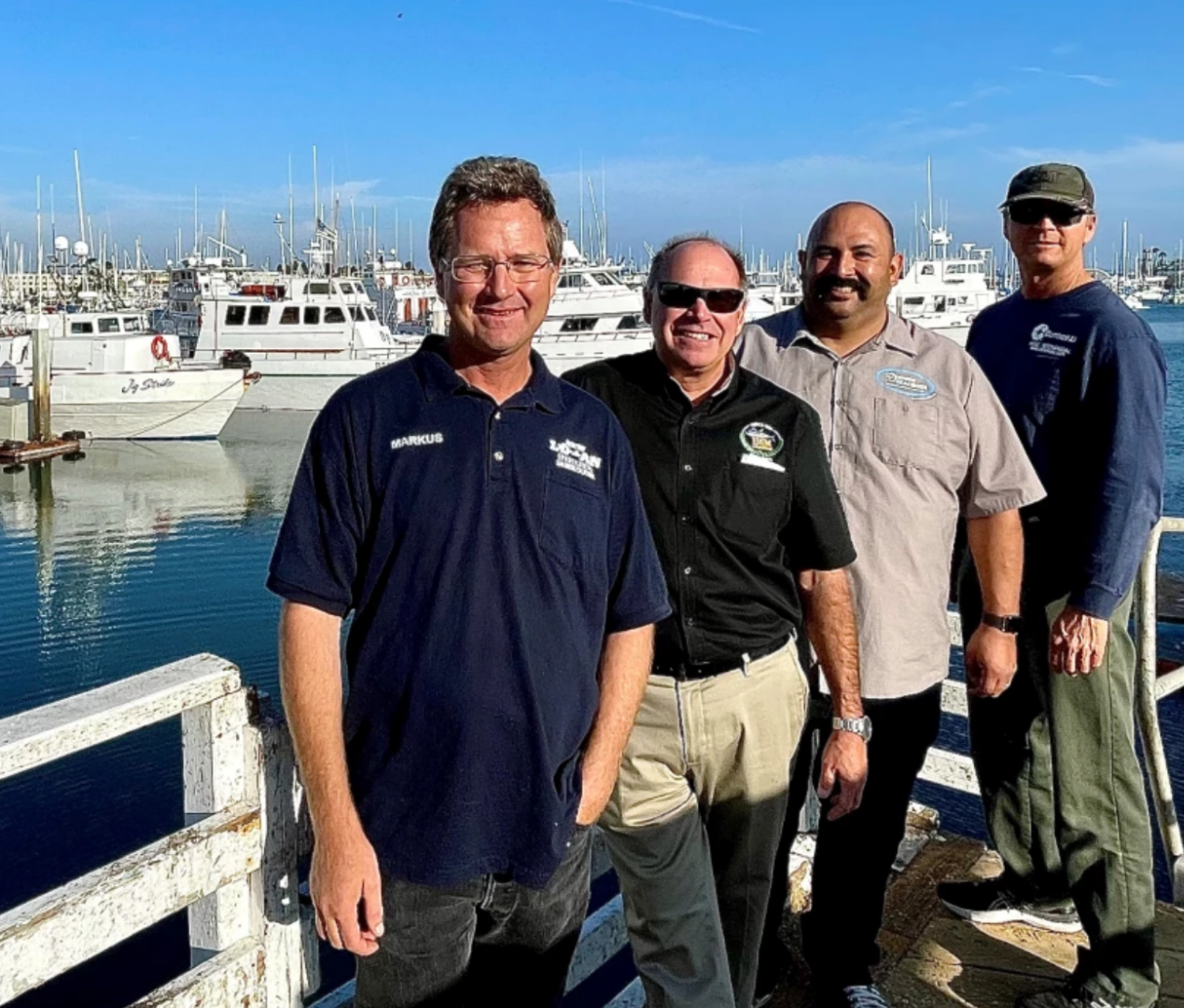From Sportfishing
Fish Report for 12-8-2021

TOURISM: NEW AIR BOARD PROPOSAL THREATENS LOCAL OPERATORS SD Sportfishing, Whale Watching Boats Face Looming Regulatory Storm
12-8-2021
Ken Franke
California’s Air Board has fired a warning shot across the bow of California’s billion-dollar commercial sport fishing and whale watching businesses.
The California Air Resources Board (CARB) held a seven-hour virtual hearing this month on a proposal to tighten harbor craft engine emission standards, a move that would force many operators to have to replace their fleets.
This week, a trade group is warning that if the new, stricter regulations are adopted, as many as 174 California sportfishing and whale watching boats could be forced to cease operations, including dozens berthed in San Diego.
If approved, the new regulations threaten to put many smaller family-owned operations out of business.
The Sportfishing Association of California (SAC), a trade organization representing Southern California sportfishing and whale watching boat and landing owners, says if the tighter standards proposed by CARB are adopted, the changes also could trigger significant declines in fishing participation rates – and license and tax revenues.
Questionable Financial Analysis
Frank Ursitti, owner of H&M Landing in San Diego, in business since 1935, said CARB failed to obtain “actual data” to properly assess the crushing impact of the proposed regulations on commercial boat owners.
“CARB staff did a pretty poor job in their financial analysis,” Ursitti said. “This proposed rule-making, if it is allowed to go through, will force us to scrap our entire fleet.”
“Nowhere in the country has a state proposed regulations that will have the practical effect of destroying offshore fishing and whale watching businesses and threatening the coastal communities that depend on them for tourism and visitor spending,” Ursitti added. “This uniquely California experience will come to an end if CARB’s plan is not rejected.”
The CARB board heard hours of virtual testimony earlier this month (Nov. 19) opposing the proposed new harbor craft engine emission regulations that, if adopted, would force commercial passenger vessels to be scuttled if needed upgrades are structurally infeasible for existing vessel’s engine rooms.
Commercial passenger vessels that would be hardest hit by the proposed new regs are commonly associated with sportfishing, whale watching, eco-tourism and scuba diving.
Under the proposed CARB plan, which would force commercial harbor craft engines emissions to meet standards similar to school buses and large OTR trucks.
Older boats constructed of wood and fiberglass (more than 80%) would all likely need to be replaced.
Even metal boats that can comply with the new engine room standards would be forced to reduce passenger loads by up to 40% to address stability and safety issues, under the CARB proposal.
In its analysis, CARB estimated that it would cost commercial operators about $2.1 million to replace older vessels.
Since CARB released its ‘Proposed Amendments to the Commercial Harbor Craft Regulations’ on September 21, sportfishing and whale watching operators have been vocal in their opposition.
“It became evident early on that CARB does not understand marine operations and fishing practices, and they were low-balling regulatory costs and inflating benefits,” said Ursitti. “The true cost for new vessels is staggering and would require us to triple ticket prices for day trips.”
According to SAC, just to break even, sportfishing businesses replacing a Class 1 boat would have to increase prices for a one-day trip from $180 to $542.
A new Class 2 boat capable of providing multi-day fishing trips would have to increase its prices from $200 to $394, according to the association.
“No customer is going to pay that to fish or observe marine life and it would also end our nonprofit programs for at-risk youth and veterans,” said Ursitti.
Tighter Regulations Would Have Wide-Ranging Impact
Rob Southwick, a consultant who specializes in sportfishing and outdoor recreation markets, said CARB’s proposal is fatally flawed. “Any assumption that costs can be fully or even partially passed along to customers without decreasing participation is simply wrong,” Southwick said. “If boat operators were in a position to charge higher prices, just like any business, they already would have. Without a doubt, price increases will harm CPF vessel operators and likewise the local communities that depend on them.”
SAC recently commissioned Southwick & Associates to do an independent analysis of the proposed new CARB regulations.
Southwick asked a reputable shipbuilder to provide bids for the two most common commercial passenger boats found off California’s coast. The replacement estimates came back more than twice as high as CARB’s staff-authored analysis – $4.6 million to construct a Class 1, 65-foot one-day vessel (suitable for day fishing trips, whale watching and SCUBA excursions) and $5.7 million for an 80-foot multi-day Class 2 vessel.
The Southwick analysis also found that lower income communities would be most impacted by higher passenger ticket prices, which also would affect fishing participation rates. And as fishing license sales and revenue decline, so would funding for state fisheries and conservation programs.
Californians spend nearly an estimated $1 billion annually on sportfishing excursions – and nearly 10% of California’s marine anglers are out-of-state residents.
“Boat owners have been using state grant programs to install lower emission engines for years and this measured approach has demonstrated real results,” said Jaime Diamond, owner of Stardust and Coral Sea Sportfishing in Santa Barbara.
“Rather than continuing this course, CARB wants us to pull our boats from the sea and spend millions of dollars on new boats with engine equipment that has not been certified as safe by the U.S. Coast Guard,” Diamond added. “By asking for the impossible, millions of Californians will be denied access to the sea as boats go out of business.”
CARB’s proposed new engine regulations have drawn bipartisan opposition from State lawmakers and a coalition of over 60 local, state and national organizations.
More than 100 Golden State sportfishing operators also oppose CARB’s proposed new regs, including Seaforth Sportfishing and Point Loma Sportfishing in San Diego. The proposed regulations are also being opposed by the San Diego Regional Chamber of Commerce, San Diego County Wildlife Federation and the City of Oceanside.
In addition, over 20,000 anglers have signed a petition pleading with Governor Newsom to ‘Save Our Boats.’
CARB is expected to make a final decision on the proposed changes in the first quarter of 2022.
< Previous Report Next Report >
More Reports

11-22-2021
Non-Profits, Marina Operators and Small Business Organizations Voice Concerns (San Diego, CA): This past Friday, the California Air Resources Board (CARB) accepted...... Read More

11-20-2021
State agency CARB shows signs of understanding how proposals threaten industry BY BRYCE MILLER COLUMNIST NOV. 20, 2021 10:04 PM PT They waited all...... Read More

Website Hosting and Design provided by TECK.net